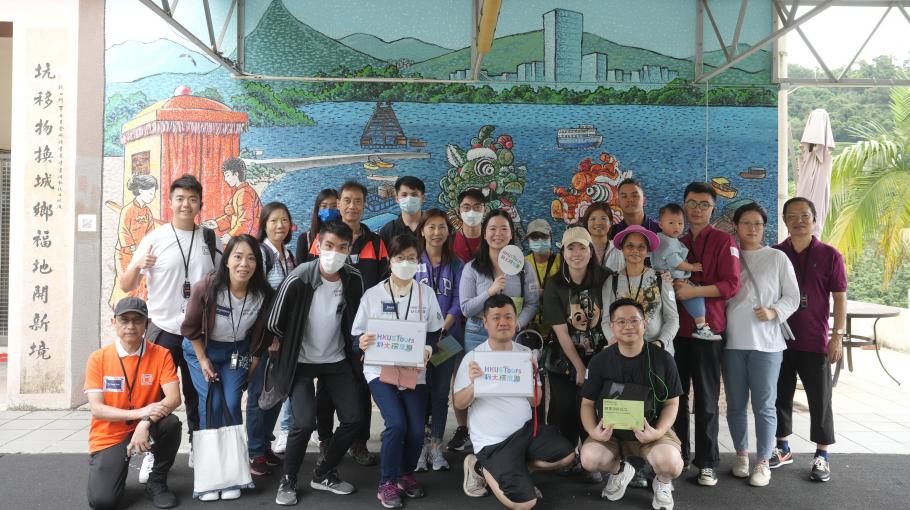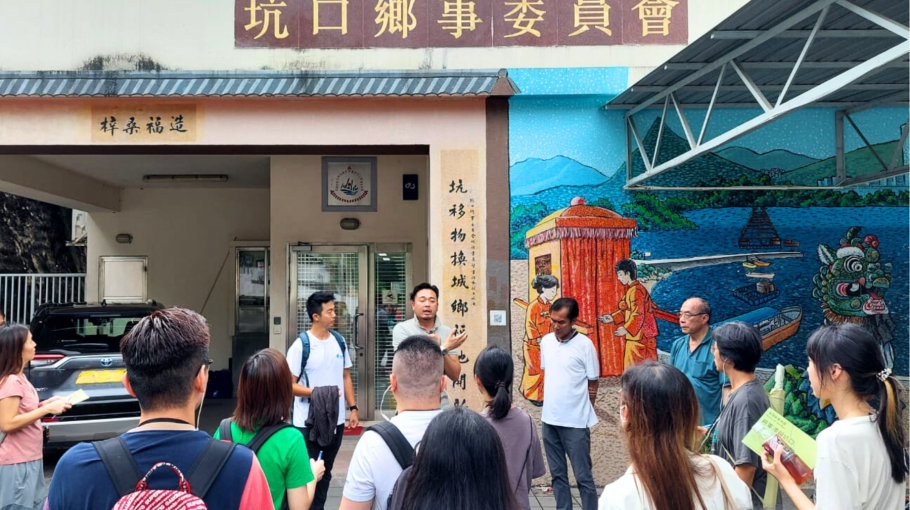By Prof. Anirban Mukhopadhyay, Associate Dean (Undergraduate Studies) of Business and Management, HKUST
Distilled water manufacturer Watsons Water announced in January that it is installing 400 reverse water bottle recycling vending machines in town.
People who put used bottles into the machines will receive coupons or gift redemptions.
The purpose is to educate the public about reducing plastic waste, backed by greater financial incentives.
Given Hong Kong's rapidly filling landfills, I am surprised people don't recycle more regularly.
There is probably a mix of reasons for this, including a lack of awareness of the scope of the problem, the relatively low visibility of other people recycling, and, most importantly, the fact that it is still very inconvenient for most to recycle.
In other global cities like New York, Tokyo and London, it is mandatory for each household to separate rubbish, and there is a fixed recyclable waste collection schedule.
Apartment buildings have prominent recycling bins for residents to deposit their separated rubbish for easier collection.
Many residential buildings in Hong Kong, however, do not have such facilities, so environmentally minded people need to save up their recyclables and carry them all to the nearest public recycling bin.
Moreover, these public recycling bins are often treated as general rubbish bins, and are sometimes overflowing with non-recyclables, further discouraging recycling.
In addition, the government itself does not set a good example in this regard.
For example, Typhoon Mangkhut recently felled several hundred trees, but 20,480 tons of wood from these trees were sent directly to landfills instead of being mulched for composting. Despite the obstacles, though, there are many ways to improve the situation.
The government should launch a continuous public awareness campaign to remind people to recycle - similar to how the MTR continuously reminds passengers that eating is prohibited inside paid areas of stations.
My own research has shown that using cute, energetic, and positive messages in an appropriate way can strongly influence people to increase recycling.
Allied with communications, as mentioned, the government must make it easier for people to recycle.
Indeed, governments around the world are beefing up policies on recycling.
For example, the European Union agreed last year that member states will be obliged to collect 90 percent of their plastic beverage bottles from 2029 onward.
As a step in the right direction, in Hong Kong, a recycling plant for plastic bottles will be set up at the Eco Park in Tuen Mun in a few years' time.
As citizens, by working together with the government and manufacturers, we can make a difference to Hong Kong's chronic waste problem.
After all, it is in everyone's best interest to keep this city sustainable and clean for future generations to come.
The article was published on The Standard on April 3, 2019.




